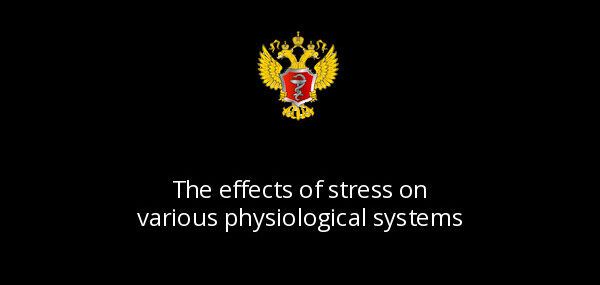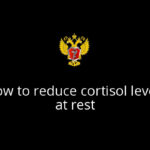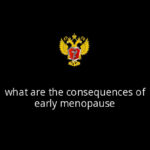Stress can have profound effects on various physiological systems, involving intricate interactions between hormones, neurotransmitters, and cellular processes. Let’s delve into the connections between cortisol, bradykinin, angiotensin, and the stress response, as well as their effects on different aspects of the body:
1. Cortisol and Stress:
- Hypothalamus-Pituitary-Adrenal (HPA) Axis: Psychological stress triggers the HPA axis. The hypothalamus releases corticotropin-releasing hormone (CRH), stimulating the pituitary gland to release adrenocorticotropic hormone (ACTH). ACTH then prompts the adrenal glands to produce cortisol.
- Flight or Fight Response: Cortisol is involved in the body’s response to stress, mobilizing energy stores and suppressing non-essential functions in preparation for a “fight or flight” scenario.
2. Bradykinin and Angiotensin:
- Vasoactive Peptides: Both bradykinin and angiotensin are vasoactive peptides that play crucial roles in the regulation of blood pressure.
- Bradykinin: It induces vasodilation, promotes NO release, and enhances endothelial function.
- Angiotensin: Angiotensin II, a key component of the renin-angiotensin-aldosterone system, has vasoconstrictive effects, leading to increased blood pressure.
3. Cortisol and Plasminogen:
- Fibrinolysis Regulation: Cortisol can modulate fibrinolysis, the process of breaking down blood clots. It can both inhibit the activation of plasminogen to plasmin (a clot-dissolving enzyme) and decrease the synthesis of plasminogen activators.
4. Cortisol and Nitric Oxide (NO):
- NO Synthesis Inhibition: Cortisol has been associated with the inhibition of NO synthesis. Elevated cortisol levels may reduce the availability of NO, impacting vasodilation.
- Vascular Tone: Cortisol can influence vascular tone indirectly by regulating the production of vasoactive substances like NO and endothelin.
5. Effects on Blood Pressure:
- Cortisol and Angiotensin: Cortisol can potentiate the vasoconstrictor effects of angiotensin II, contributing to increased blood pressure.
- Cortisol and Adrenaline: Cortisol, in conjunction with adrenaline (epinephrine), can enhance the cardiovascular response to stress. While cortisol provides sustained energy, adrenaline acts acutely, increasing heart rate and contractility.
6. Stress and Endothelin System:
- Endothelin System Activation: Stress can activate the endothelin system, leading to the release of endothelin-1 (ET-1), a potent vasoconstrictor. ET-1 contributes to increased blood pressure.
7. Cellular Stress:
- Cellular Stress Response: Cellular stress, such as oxidative stress or inflammation, can activate cellular stress response pathways, influencing the release of various signaling molecules, including cortisol and vasoactive peptides.
It’s essential to recognize that while stress responses are adaptive in the short term, chronic stress can lead to dysregulation of these systems, contributing to various health issues, including cardiovascular diseases. The interconnectedness of hormonal and vasoactive pathways underscores the complexity of the body’s response to stress and the importance of maintaining a balance for overall well-being
Verified by: Dr.Diab (March 30, 2024)
Citation: Dr.Diab. (March 30, 2024). The effects of stress on various physiological systems. Medcoi Journal of Medicine, 5(2). urn:medcoi:article32148.














There are no comments yet
Or use one of these social networks